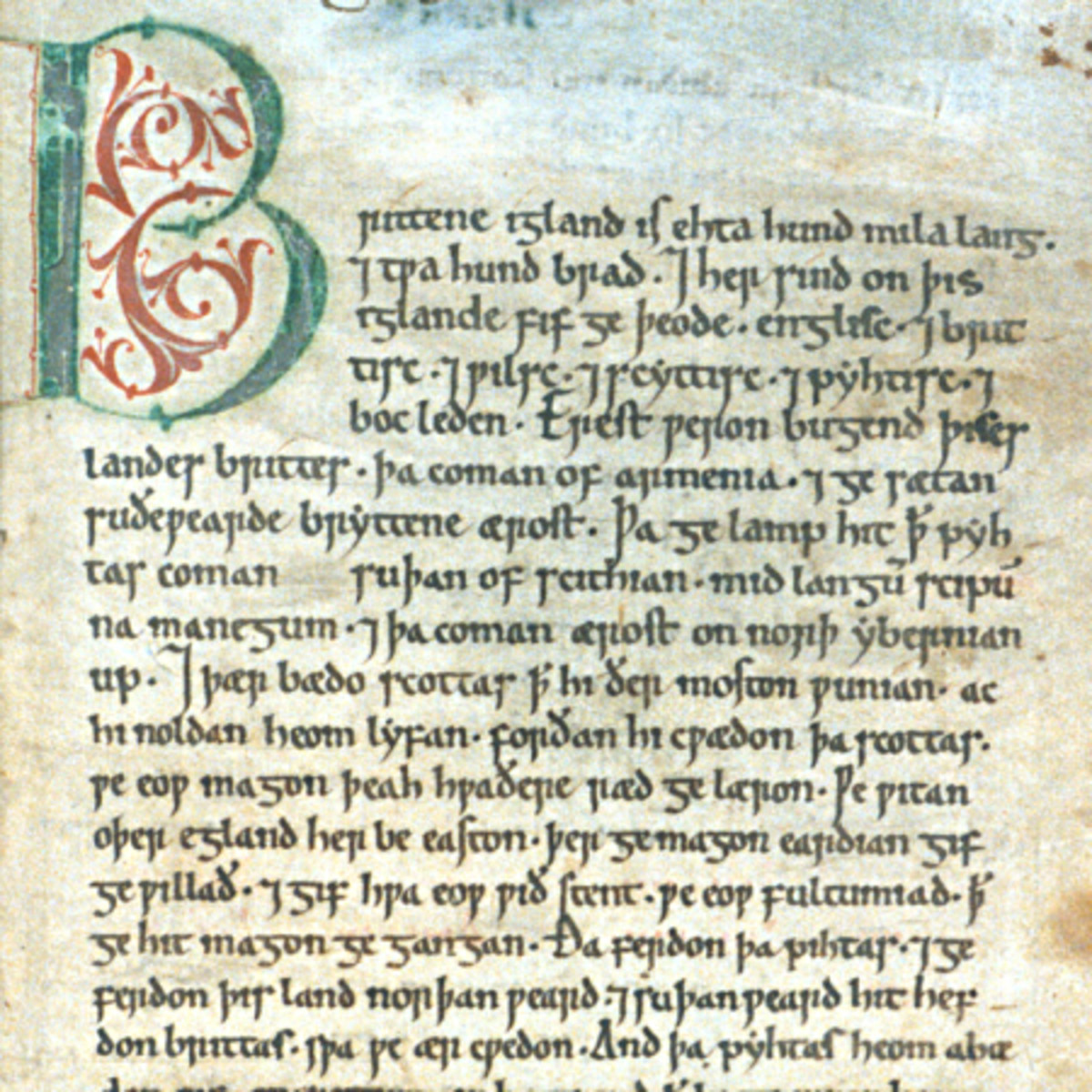Confusing Words in English - Chapter 2

CONFUSING WORDS IN ENGLISH - Chapter 2
This is chapter no. 2 of 'Confusing Words in English'. In this chapter, we will discuss and learn the differences between, and different usages of:
1. All right vs. Alright
2. All ready vs. Already
3. All together vs. Altogether
4. Although vs. Though vs. Even Though
5. Although vs. While
In the 1st Chapter, I have discussed the differences, different usages and tips to remember those differences for:
1. Advice vs. Advise
2. Affect vs. Effect
3. Loose vs. Lose
4. Between vs. Among
5. Principal vs. Principle.
If you have any doubts regarding the differences and/or uses of the above mentioned words. Click the following link to nail your perfect concepts:
CONFUSING WORDS IN ENGLISH - Chapter 1:
The first pair of confusing word in this chapter, we will be discussing, is:
1. ALRIGHT vs. ALL RIGHT:
‘All right’ vs. ‘Alright’ is another pair of confusing words which often disturb people. However, I will write a sentence which should clear your confusion and will remain in your brain. The sentence is:
‘Alright'’ is not all right.
These two words have always been a matter of debate. Authorities have never given consent to ‘alright’ and this word is considered to be a wrong word – a misspelling for ‘all right’. So if you are using this word in a sentence, always try to write ‘all right’.
2. ALL READY vs. ALREADY:
This is another pair of confusing word but this time both these words are absolutely all right. These two words have entirely different meaning. The following examples will further clarify it.
All ready – All ready means prepared.
Already – Already refers to something prior to the time; previous to some occasion.
Examples:
All ready: We are all ready and excited for the party tonight.
Already: The fat kid had already eaten all the cake.
Note: When 'all ready' is to be used in a sentence, you can double check by splitting these two words i.e. all and ready, and see if it makes sense. If it does, you are correct. e.g.
1. We are all ready and excited for the party tonight.
2. We all are ready and excited for the party tonight.
CONFUSING WORDS IN ENGLISH - CHAPTER 3:
The 3rd chapter focuses on words which are different because of the British and American's English differences. The key here is to know which group uses which spelling. The words include:
1. Among vs. Amongst
2. Analyze vs. Analayse
3. Center vs. Centre
4. Organization vs. Organisation
5. Labor vs. Labour
6. Flavor vs. Flavour
7. Honor vs. Honour
8. Color vs. Colour
9. Favor vs. Favour
10. Aeroplane vs. Airplane
3. ALL TOGETHER vs. ALTOGETHER:
Both these words are correct and have different meanings.
All together: ‘All together’ means everyone works/does something together; in a team sort of thing.
Altogether: ‘Altogether’ means complete.
Examples:
All together: The cheerleaders performed all together in the ceremony.
Altogether: The maintenance of my car costs $1,000 altogether.
Note: The trick is the same as above. You can split all and together, and can see if it makes sense. If it does, you are correct again. Wow!
Example 1: The cheerleaders performed all together in the ceremony.
Example 2: All the cheerleaders performed together in the ceremony.
4. ALTHOUGH vs. THOUGH vs. EVEN THOUGH:
Although, though and even though are words with almost similar meaning. They can be used interchangeably as well. Although, I should clear some technical points here:
Although: Although refers to the expression of ‘in contrast of’ e.g. “Although I was sick, I still decided to go to work.”
Though: 'Although' and 'though' can generally be used interchangeably, but 'though' is rather informal.
Even though: Even though is a more expressive and concrete form of ‘Although’. It often shows more emphasis for a situation. E.g:
“Even though I was sick, I still decided to go to work.”
5. ALTHOUGH vs. WHILE:
Now that you have learnt the use of ‘although’, you might also have encountered with another confusing pair of words i.e. ‘Although vs. While’.
As we have learned earlier that ‘Although’ is used for ‘in contrast of’, but so does ‘while’.
You can use them interchangeably, as to speak, but it is much better to keep ‘while’ for referring time. On the other hand, when referring to contrast in any case, use although.








